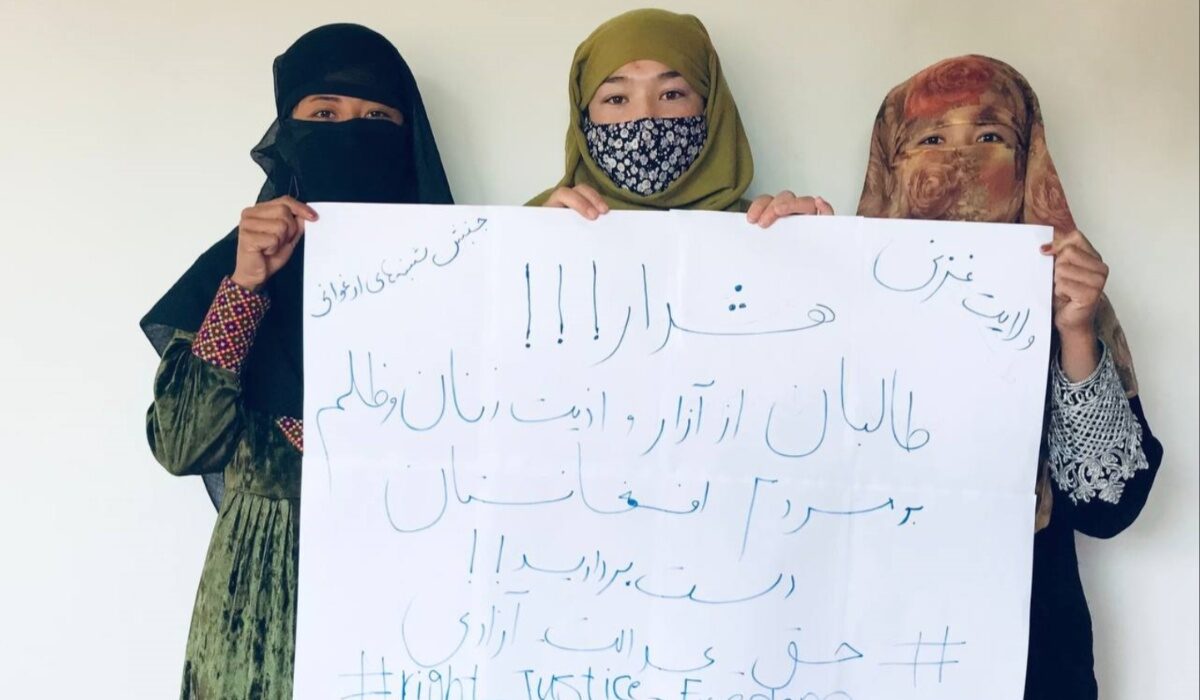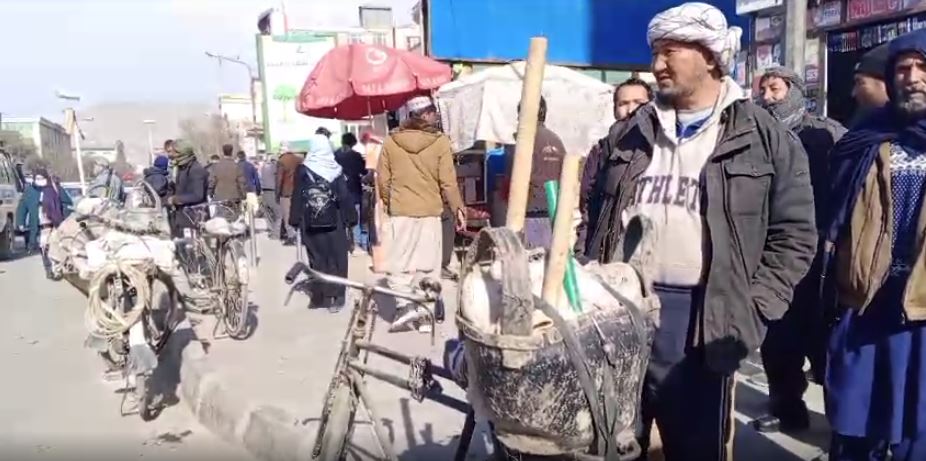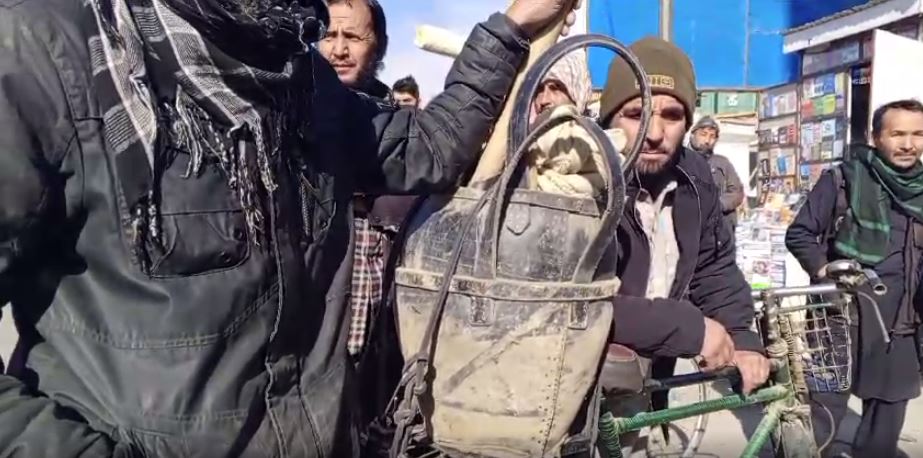Taliban detention campaign sparks fear among women, girls

The Taliban’s recent detentions in Kabul and Ghazni have heightened fear and anxiety among women and girls, as described by a number of residents.
In Kabul, many women and girls report that the Taliban Ministry of Propagation of Virtue and Prevention of Vice has escalated detentions for noncompliance with dress codes, particularly in the city’s western parts.
The ministry has directed schools to detain girls not wearing hijabs, resulting in two- to three-day confinements.
Some Kabul residents said they now leave their homes in fear, anxious about the increasing detentions.
“Education, learning, mobility, and clothing are our fundamental rights; the Taliban cannot arbitrarily strip these from us,” Husna, a student advocate, said.
Shabnam, a Kabul resident, condemned the Taliban’s focus on women, stating, “Their crimes and violence against women, masked as honor and religion, are unacceptable.”
Sources told Amu that the Taliban’s vice and virtue ministry has also informed education centers in Kabul about their dress code, urging them to observe hijab–a head-to-toe cover–or else they would be detained and would be kept in custody for three days.
Women’s rights activists criticized these actions as contrary to human rights standards.
“The Taliban have sparked terror, detaining unveiled women in public, blatantly violating privacy and lacking any justification except to spread fear,” Muzhgan Feraji, an activist, said.
Rahil Talash, another activist, described the detentions as unethical efforts to make women more vulnerable and restrict freedom.
“The Taliban’s apprehension of women and girls is a deliberate tactic to instill fear, making women more vulnerable and restricting their mobility,” Talash said.
Mohammad Khalid Hanafi, the Taliban’s acting minister for vice and virtue, in a public speech last week advised investors against importing “tight and thin” clothing, indicating further personal restrictions.
Former government employees turn to manual labor in Kabul

Amid Afghanistan’s deepening economic crisis, many former government employees in Kabul are turning to daily wage labor, struggling with poverty and a lack of employment opportunities.
The onset of winter has further limited job prospects, leaving many waiting for days to find work.
Noor Agha, 48, a former employee of the Independent Election Commission, now relies on physical labor for income. “In the last fifteen days, I’ve earned only 50 Afghanis (about $0.71). I have no other means of income,” Agha said, highlighting the challenges faced by many to support their families.
Other workers echoed similar concerns about the scarcity of jobs and rising poverty. “Previously, a laborer could earn four hundred Afghanis per day, but now work is scarce, and people work for just two hundred Afghanis,” said Fareed, another laborer.
In addition to employment woes, Kabul residents, especially those engaged in roadside work, are grappling with high food prices, despite the Afghan currency’s gains against the dollar.
“Winter is cold, our children and we are sick. The people’s economy is weak,” shared Mohammad Jan, a laborer.

The United Nations Development Programme reports that 85 percent of Afghanistan’s population lives below the poverty line.
The World Bank’s 2023 annual report further notes that 15 million Afghans face severe food insecurity, a situation exacerbated by ongoing economic difficulties.
No comments:
Post a Comment